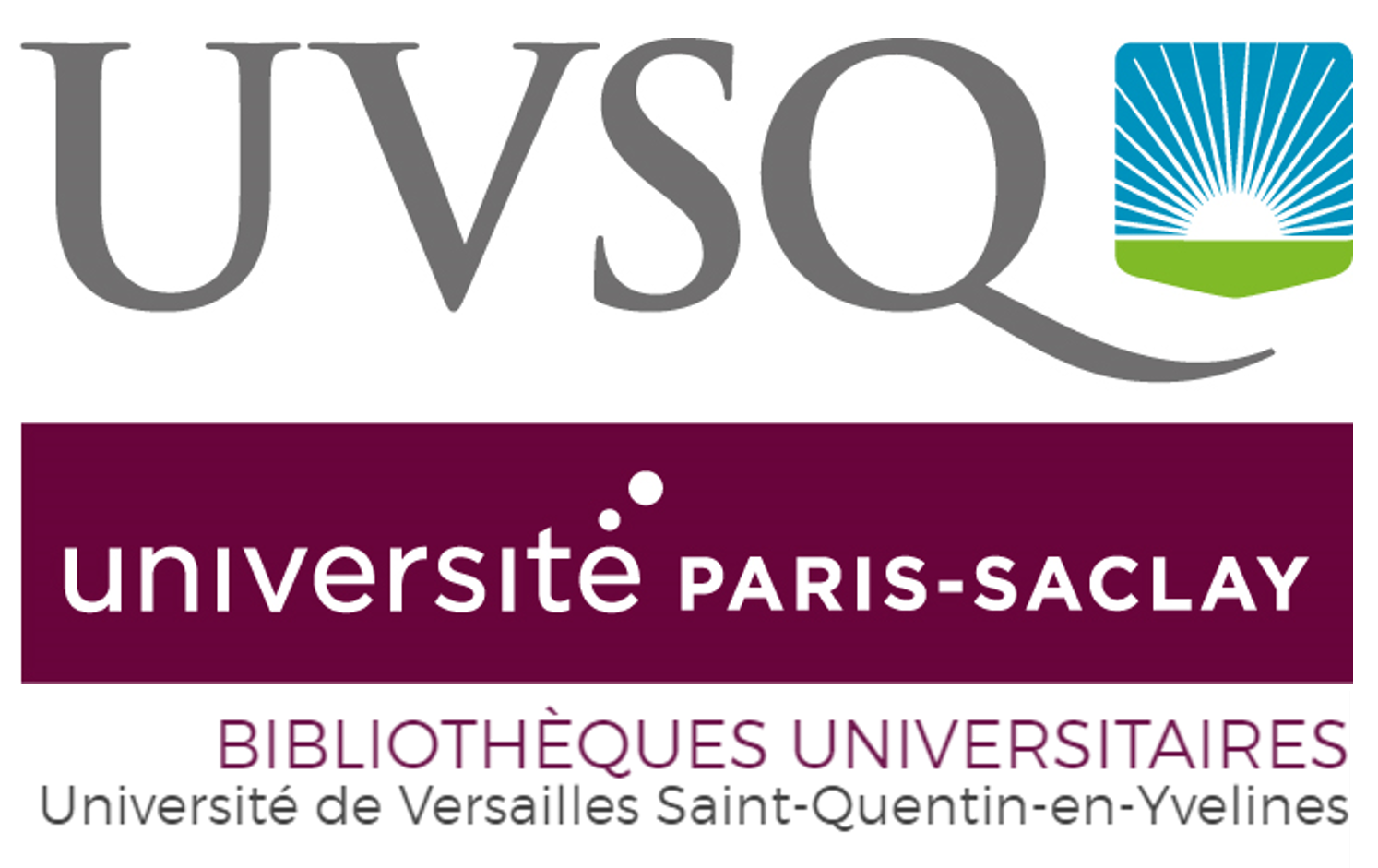Can we treat with radiation breast cancer patients with covid-19 infection? Results from a prospective study
Pouvons-nous irradier les patientes atteintes d’un cancer du sein et de la covid-19 ? Résultats d’une étude prospective
Résumé
PurposeThe coronavirus disease 2019 (covid-19) caused by the severe acute respiratory syndrome coronavirus 2 (Sars-Cov-2) is at the origin of a global pandemic. This pandemic has prompted the current health system to reorganize and rethink the care offered by health establishments. We report the early and late toxicity in patients infected with covid-19 treated at the same time for early-stage breast cancer.Material and methodsThis is a monocentric prospective study of patients treated in our hospital between March and June 2020 who were diagnosed with covid-19 infection. The inclusion criteria were to be irradiated for early-stage breast cancer and to have a positive covid diagnosis on a polymerase chain reaction (PCR) test and/or a lung computed tomography (CT) scan and/or suggestive clinical symptoms. All of them needed 6 months follow-up clinic after the end of the radiotherapy with clinical examination, mammogram, as well as CT scan to evaluate the lung status. Radiotherapy consisted of breast or chest wall irradiation with or without lymph node irradiation, with protocols adapted to pandemic situation. The treatment-related toxicity was graded according to the Common Toxicology Criteria for Adverse Events (version 4.03).ResultsAll 350 patients treated for early-stage breast cancer were studied. Of them, 16 presented clinical symptoms of covid-19 infection, and of them 12 had clinical, CT scan and PCR confirmation. This entire cohort of 12 patients with median age of 56 years (range: 42–72 years) underwent their radiotherapy. During the radiotherapy, nine patients presented radiodermatitis: eight grade 1 (66%) and one grade 2 (8%). Two patients with lymph nodes irradiation presented grade 2 oesophagitis. Late toxicity was evaluated 6 months after the end of the radiotherapy, and there was no radiation or covid lung sequel on the CT scans. One patient presented covid-related dyspnoea, and two had fibrosis.ConclusionThe half-year follow-up of prospective covid-19 cohort, treated for early-stage breast cancer demonstrated an acceptable toxicity profile with few low-grade adverse events. It seems that the covid-19 infection does not appear to increase the side effects of radiotherapy. Therefore radiotherapy should not be delayed.
Objectif de l’étudeLa Coronavirus Disease (covid-19) causée par le Severe Acute Respiratory Syndrome Coronavirus 2 (Sars-Cov-2) est à l’origine d’une pandémie mondiale. Cette pandémie a incité le système de santé actuel à se réorganiser et à repenser les soins offerts par les établissements de santé. Nous rapportons la toxicité précoce et tardive chez les patientes atteintes par la covid-19 prises en charge en même temps pour un cancer du sein de stade précoce.Matériel et méthodesIl s’agissait d’une étude prospective monocentrique portant sur des patientes prises en charge dans notre hôpital entre mars et juin 2020, avec un diagnostic de covid-19. Les critères d’inclusion étaient patientes irradiées pour un cancer du sein de stade précoce avec un diagnostic de covid selon un test par polymerase chain reaction (PCR) et/ou une tomodensitométrie pulmonaire et/ou des symptômes cliniques évocateurs. Toutes les patientes ont eu un contrôle de suivi à 6 mois de la fin de la radiothérapie avec un examen clinique, une mammographie, ainsi qu’une tomodensitométrie pour évaluer l’état pulmonaire. La radiothérapie consistait en une irradiation du sein ou de la paroi thoracique avec ou sans irradiation des ganglions lymphatiques, avec des protocoles adaptés à la situation pandémique. La toxicité liée au traitement a été classée selon les Common Terminology Criteria for Adverse Events version 4.03.RésultatsToutes les 350 patientes prises en charge pour un stade précoce d’un cancer du sein ont été prises en compte. Parmi elles, 16 ont souffert de symptômes cliniques de covid-19 et parmi ces dernières, 12 ont eu une confirmation clinique, tomodensitométrique et PCR. Toute cette cohorte de 12 patientes d’un âge médian de 56 ans (intervalle : 42–72 ans) a été irradiée. Au cours de la radiothérapie, neuf patientes ont eu une radiodermite: de grade 1 dans huit cas (soit 66 %), et de grade 2 chez une (soit 8 %). Deux patientes recevant une irradiation ganglionnaire ont souffert d’une œsophagite de grade 2. La toxicité tardive évaluée 6 mois après la fin de la radiothérapie n’a pas retrouvé de séquelles pulmonaires liées à la radiothérapie ou à la covid-19 sur les tomodensitométries. Cliniquement, une patiente souffrait d’une dyspnée et deux d’une fibrose liée à la covid-19.ConclusionAvec un suivi minimum de 6 mois de la cohorte prospective atteinte de covid-19, prise en charge pour un stade précoce d’un cancer du sein, a démontré un profil de toxicité acceptable avec peu d’événements indésirables de bas grade. La covid-19 ne semble pas augmenter les effets secondaires de la radiothérapie. En conséquence, la radiothérapie ne doit pas être retardée.
| Origine | Fichiers produits par l'(les) auteur(s) |
|---|




